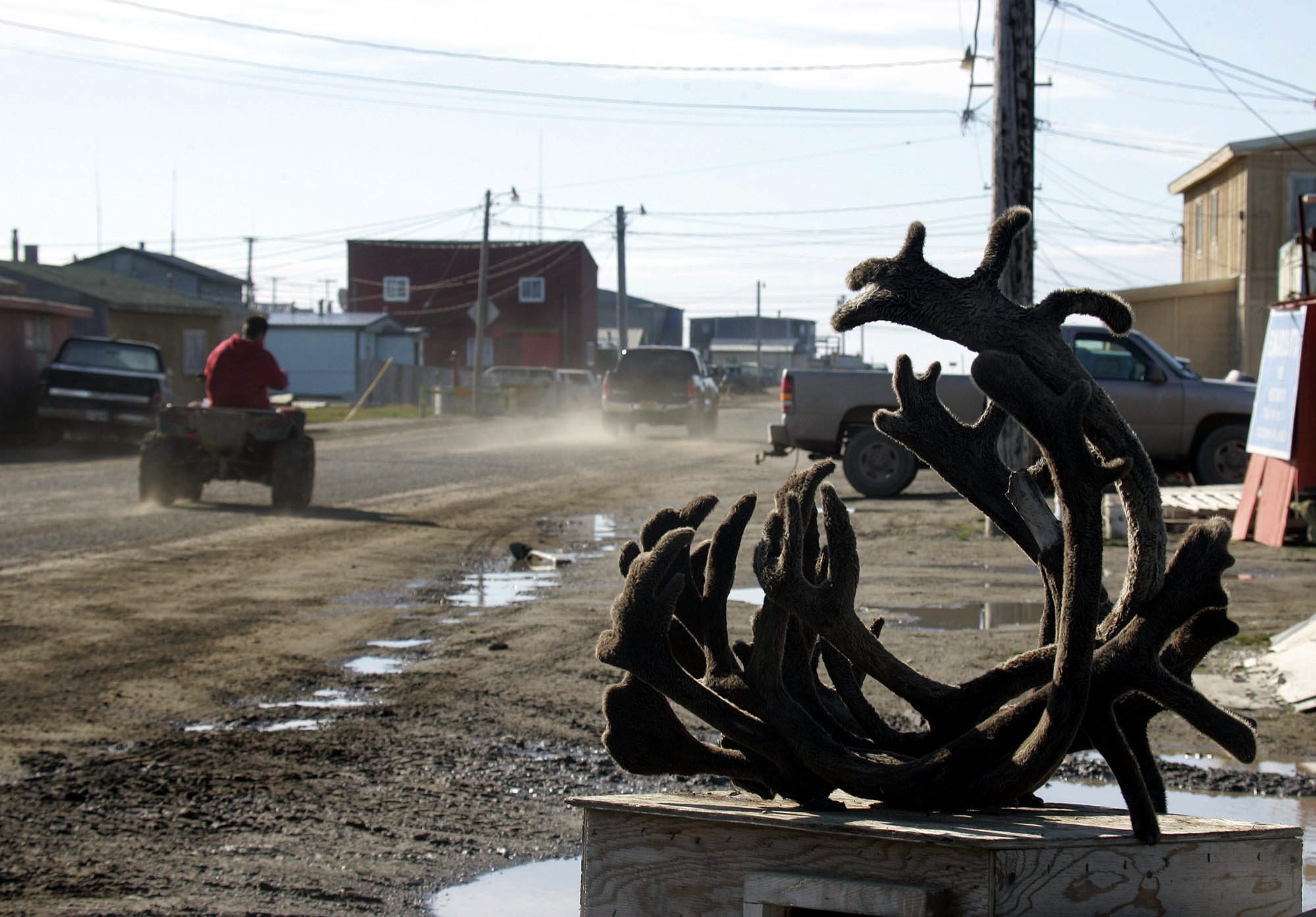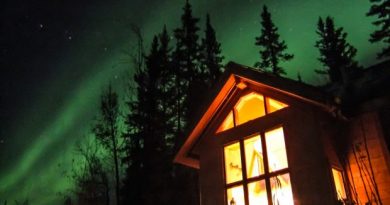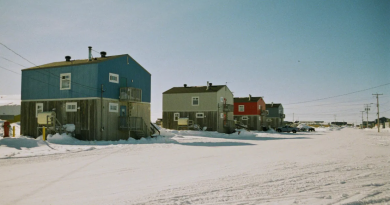White House: No nation an island on Arctic science

Cabinet members and high-ranking science advisors from 25 governments convened on the White House on Wednesday to discuss the Arctic. It’s billed as the first-ever White House Arctic Science Ministerial.
The aim is to pool science resources from around the globe to better understand the rapid changes in the Arctic and also what those changes mean for other regions.
“The Arctic is a foreshadow. It’s an augury. It’s a preview of what is coming our way in the rest of the world,” says Mark Brzezinski, the top White House liaison to the Arctic. “The sooner and the more effectively we get in front of that scientifically, the better off we all will be.”
Importance of traditional knowledge
One of the themes of the meeting is the need for better and more coordinated observation in the Arctic. Brzezinski says that includes traditional knowledge from indigenous people.
“They are the first people of the Arctic. They, more than anyone else, can report on changing patterns, whether flora or fauna or weather or ice,” he said.
Among the attendees are representatives of the Athabaskan, the Gwich’in, the Inuit and the Saami people. Thirty Alaska Native leaders met with U.S. delegation today, to air their concerns and priorities. Former Alaska Lt. Gov. Fran Ulmer, now chair of the U.S. Arctic Research Commission, says countries well beyond the Arctic are sending science ministers to the conference.
“You have countries from Italy and India and China coming, because they’re not only willing to contribute scientists to this work, but understand that what happens in the Arctic is really impacting them in terms of sea level rise and mid-latitude climate change,” she said.
Documents from the ministerial will be posted after tomorrow’s meeting on Arctic.gov. Ulmer says they’ll include two pages from each country that summarizes the Arctic science they’re conducting.
Related stories from around the North:
Canada: Scientists search Arctic waters for microplastics, Radio Canada International
Finland: High hopes for Arctic space accelerator in Finland, Yle News
Greenland: Can we still avert irreversible ice sheet melt?, Deutsche Welle’s Ice-Blog
Russia: Ancient virus found in Arctic permafrost, Alaska Dispatch News
Sweden: How will global warming affect the average Swede?, Radio Sweden
United States: Scientists calculate methane loads bubbling up from Arctic lakebeds, Alaska Dispatch News



